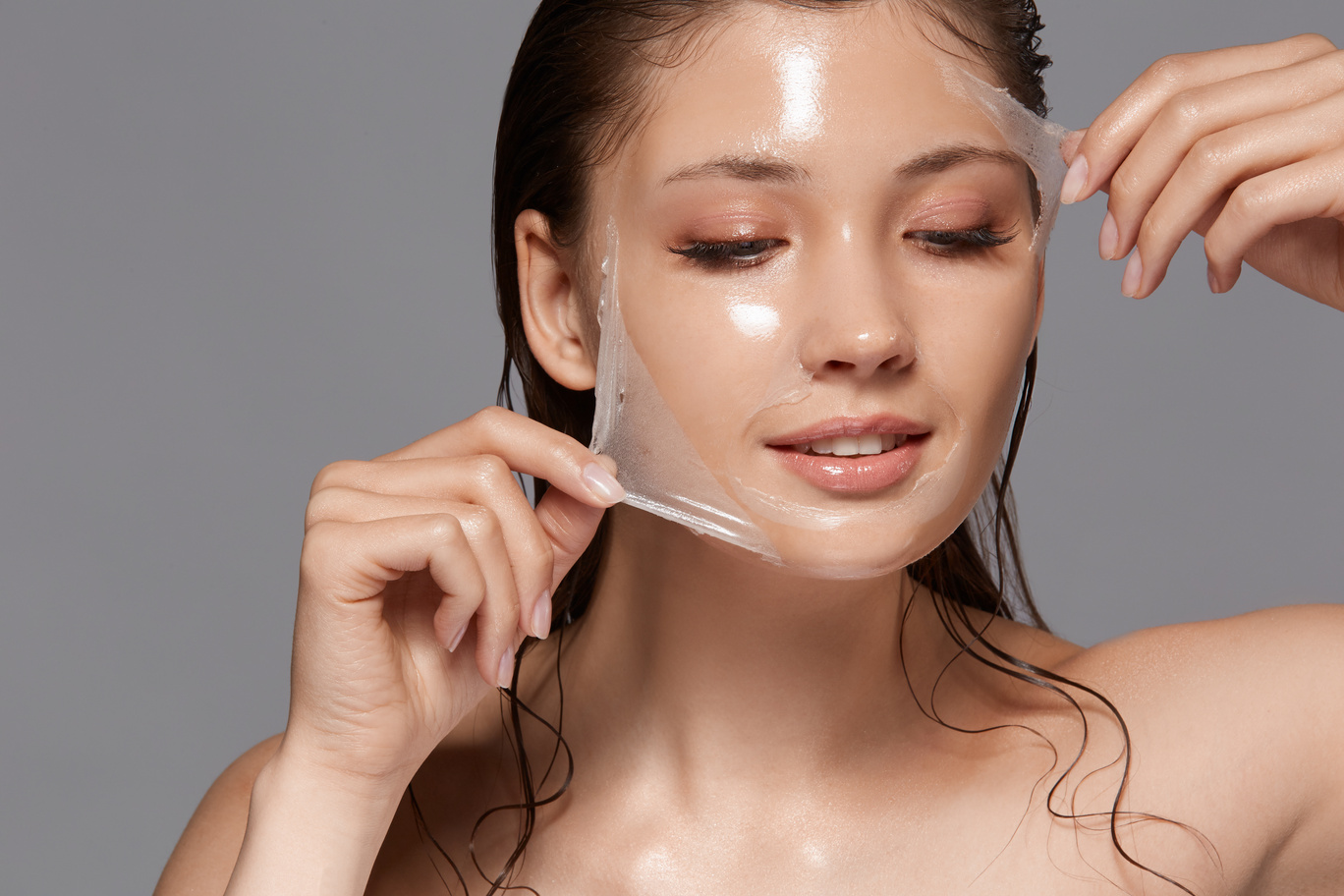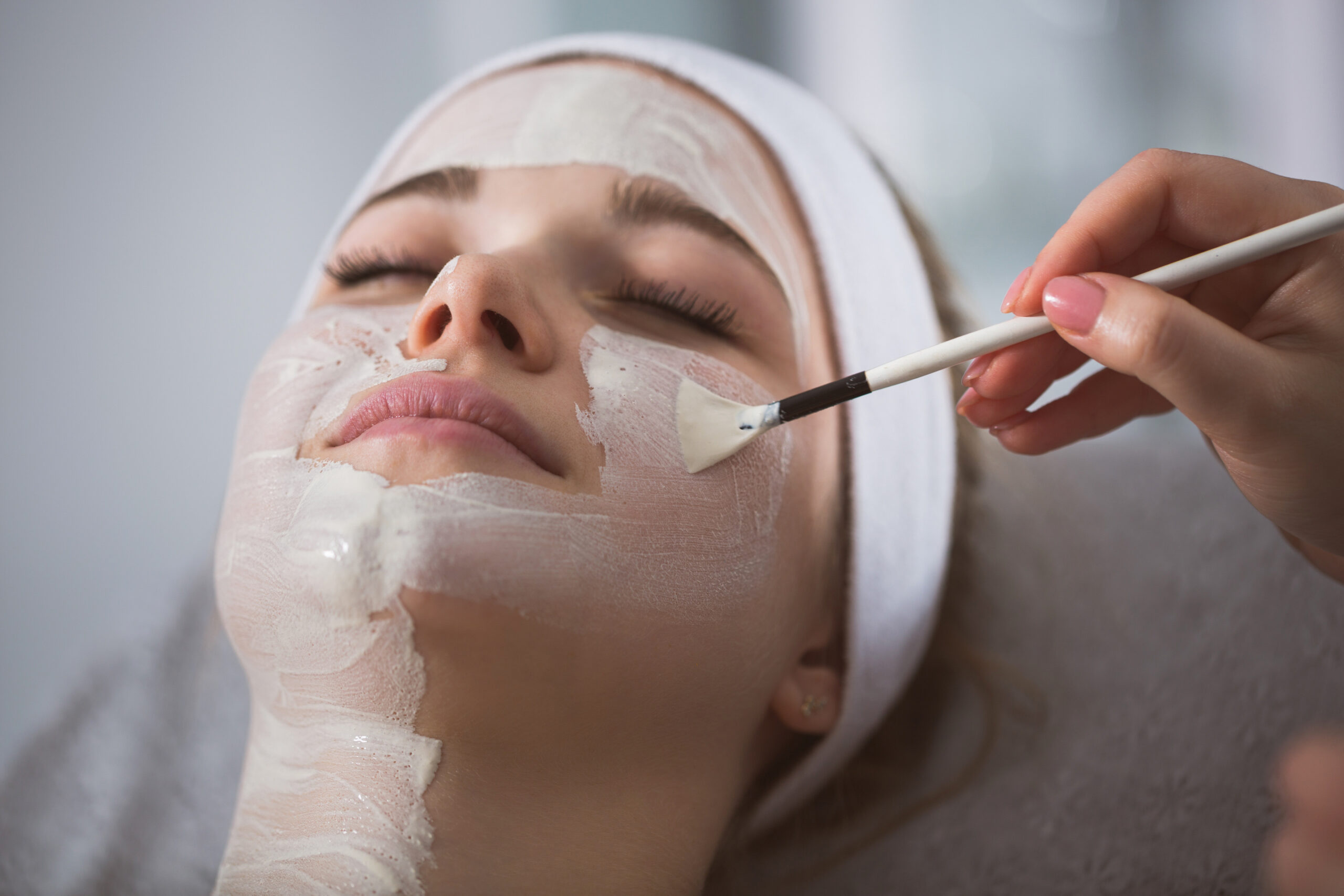5 Tips To Prep Yourself for Chemical Peel Procedures

If you’re tired of spending money on over-the-counter products with mixed or no results, a chemical peel treatment should be considered. This procedure involves the application of medical-strength ingredients that gently lift a layer of the skin. The new skin is normally smooth or has less discoloration than before. We offer this treatment for acne scars, fine lines and wrinkles, sun damage, and uneven skin tone.
This skin-resurfacing procedure often comes in three types – superficial, medium, and deep. When you visit our medical spa, our skin care specialist looks at your skin while discussing the best option. During the consultation, you should also note the recommended preparation for the best outcome.
1. Disclose All Medical Conditions and Medications
Allergies, previous skin conditions, and natural supplements can affect how chemicals like salicylic acid or other ingredients can affect the areas being treated. If you have a chronic or temporary condition, you may want to talk to your doctor before getting a consultation. Taking this extra step early will save money and time.
2. Understand the Chemical Peel Treatment Type
If the condition you want to treat is moderate to severe, a medium or deep treatment may be advisable. However, if your skin is prone to breakouts, scarring, or is sensitive, the skin care specialist needs to know this upfront. You also need to understand that medium or deep chemicals peels call for all least one week of downtime.
3. Stop Skin Treatments Before Your Appointment
Outside of daily washing with soap, any manipulation of your face or neck can affect the outcome of your procedure. This includes hair removal, microdermabrasion, facial scrubs, or exfoliants. Also if you take Accutane or any form of retinol, you may be asked to stop before receiving treatment.
4. Make Arrangements Before Scheduling Treatment
While superficial skin peels require no downtime and you can resume normal activity the same day, medium and deep treatments require preparation. Since the latter two may call for sedation, you’ll have to arrange a ride from the facility where the procedure was performed. Also, swelling and skin blotchiness is a side effect that results from getting medium and deep treatments.
5. Understand Your Insurance Coverage
Generally, skin-resurfacing procedures are considered cosmetic and not covered by most insurance policies. However, there are some exceptions or your insurance may cover part or all of the consultation. If this is a concern, you may want to talk to your insurance company after the initial consultation.
If you feel skin peel treatments can help your current skin condition, contact Beaute Therapies Medical Spa now for an appointment. We can also answer your questions about the types of modern skincare treatments offered. Our board-certified staff is knowledgeable in a number of procedures and can suggest the right care plan for your skin type.







